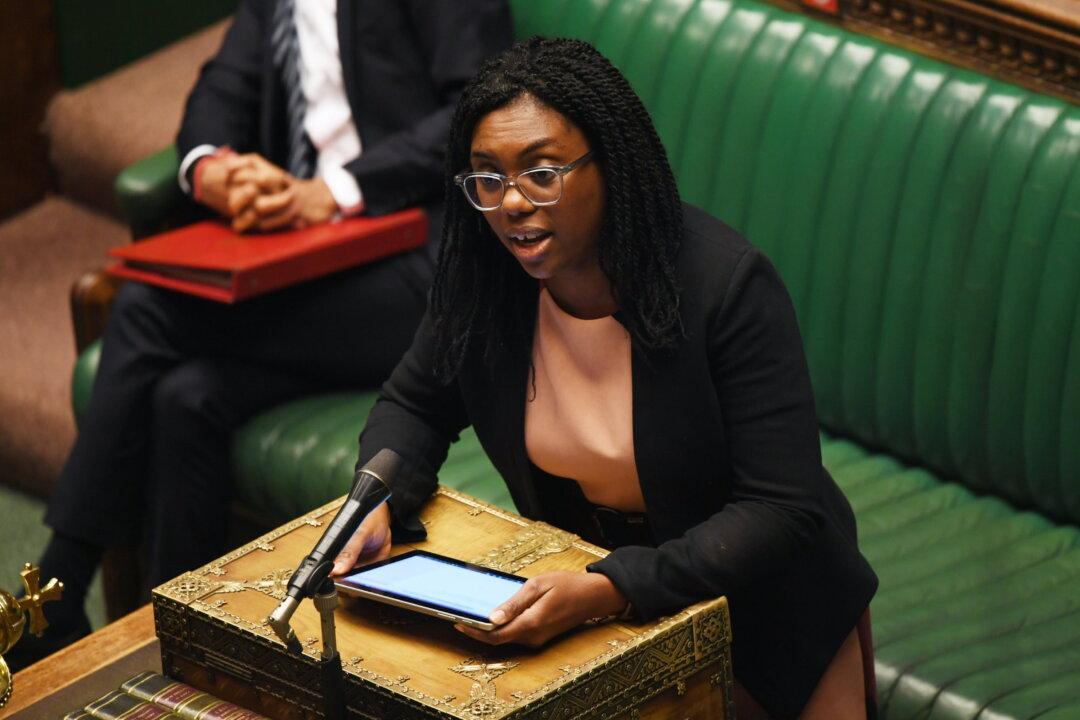Trade secretary Kemi Badenoch, who has previously criticised net-zero policies, called investment in green energy “the future-proofing force that will help us create a better tomorrow” at a government eco trade and investment expo.
“Now is the time to future-proof our economy by investing in cutting-edge green technology, protecting our long-term energy security and creating thousands of jobs in industries of the future,” said Badenoch at the Green Trade and Investment Expo in Gateshead, northern England, on Tuesday.





